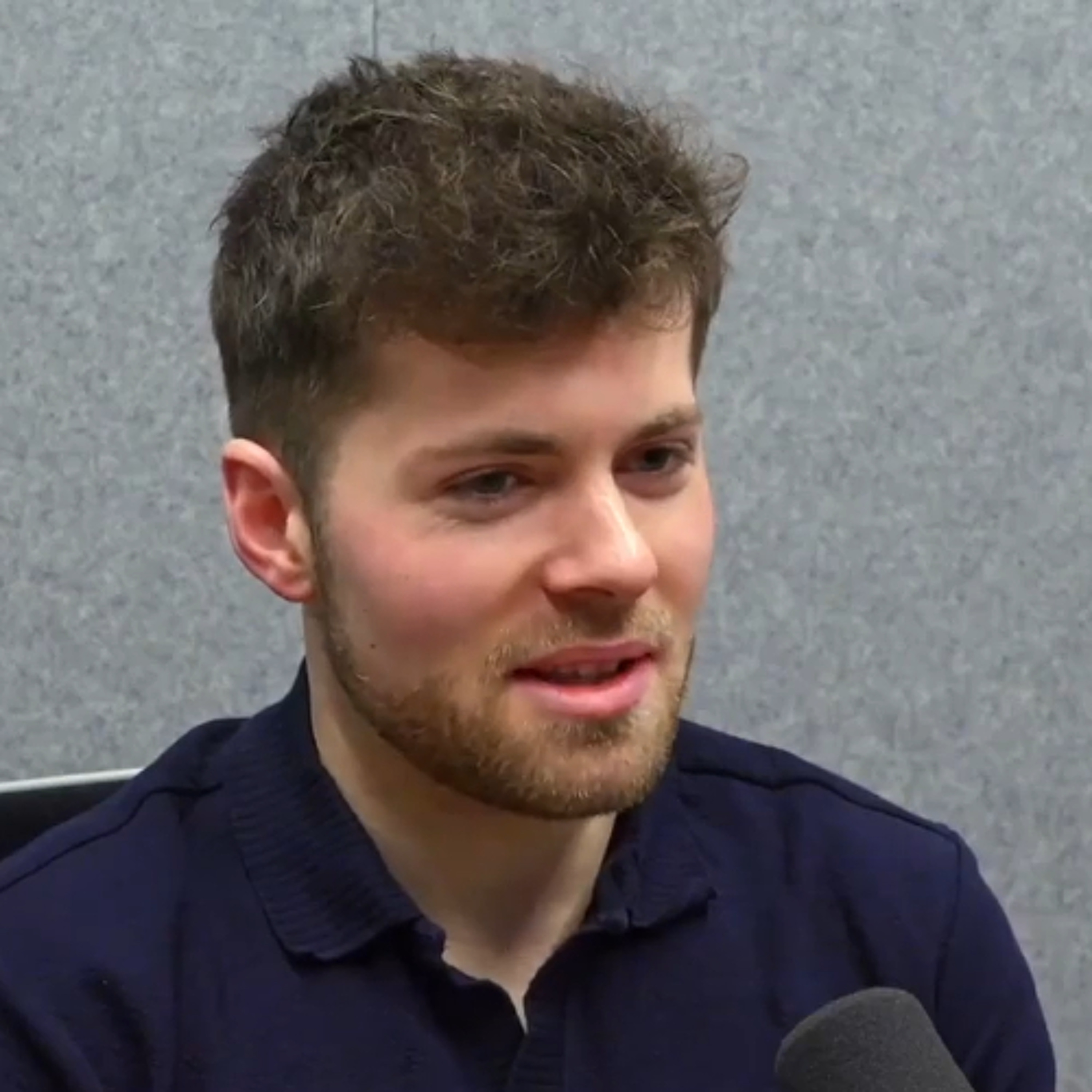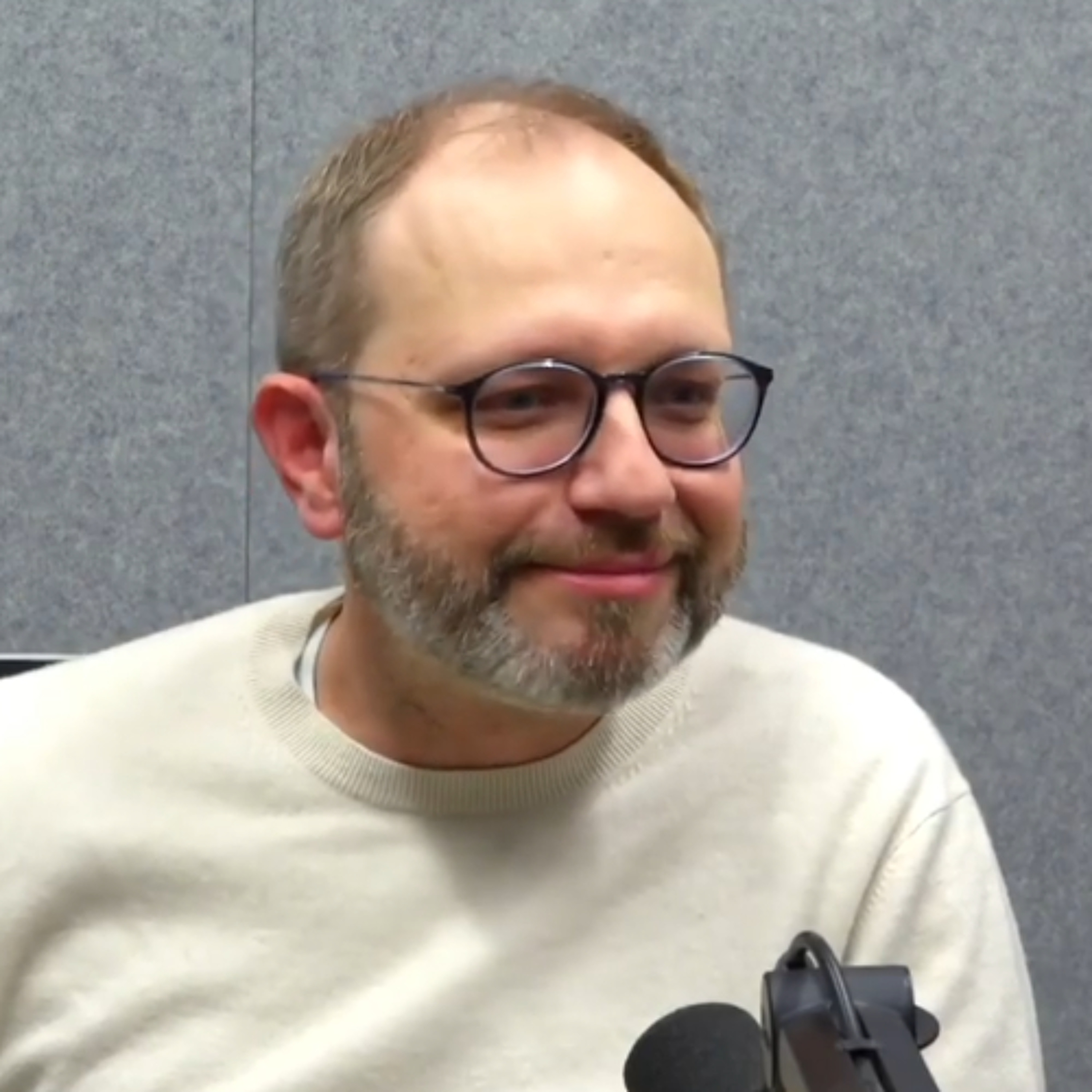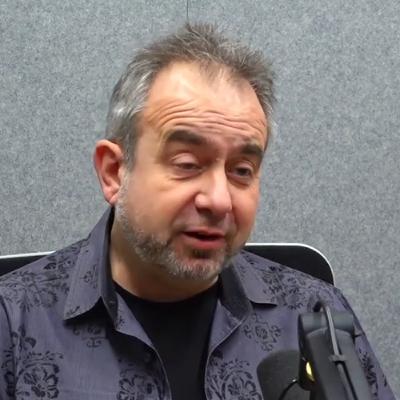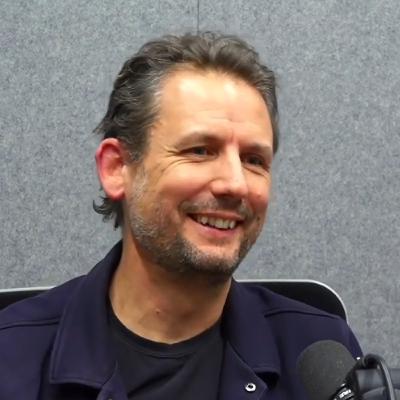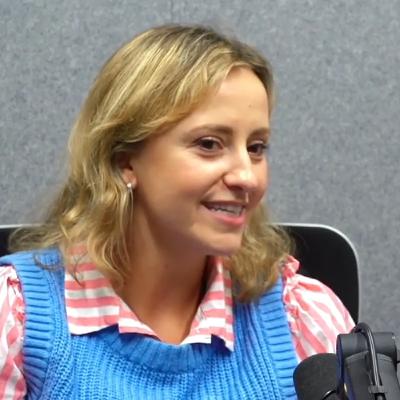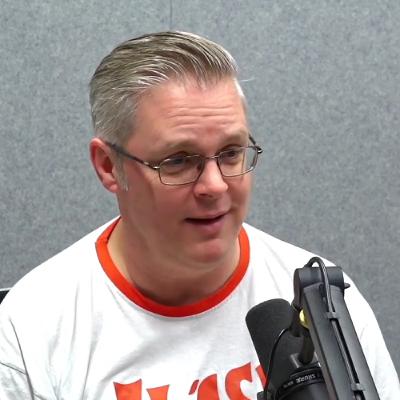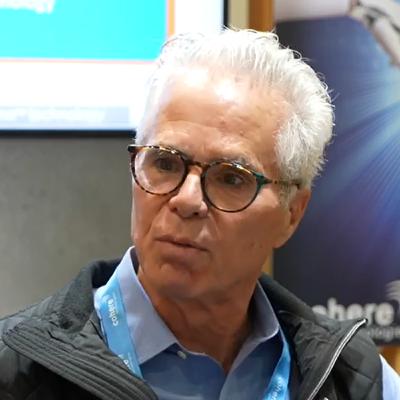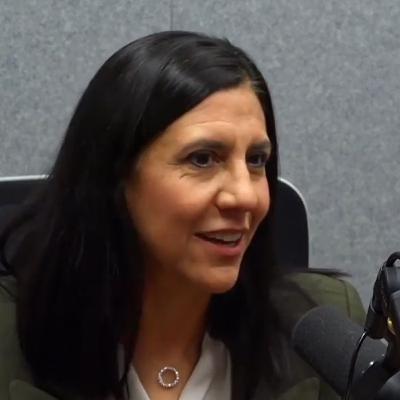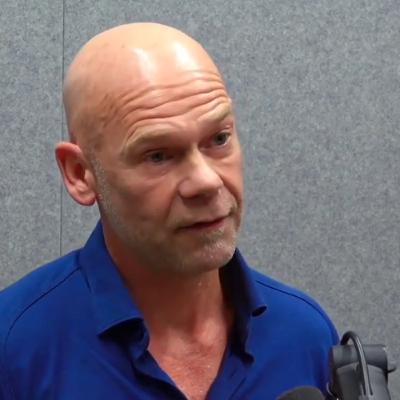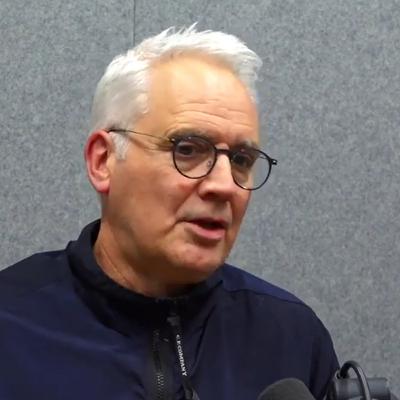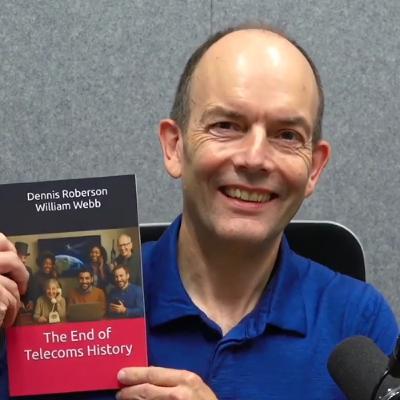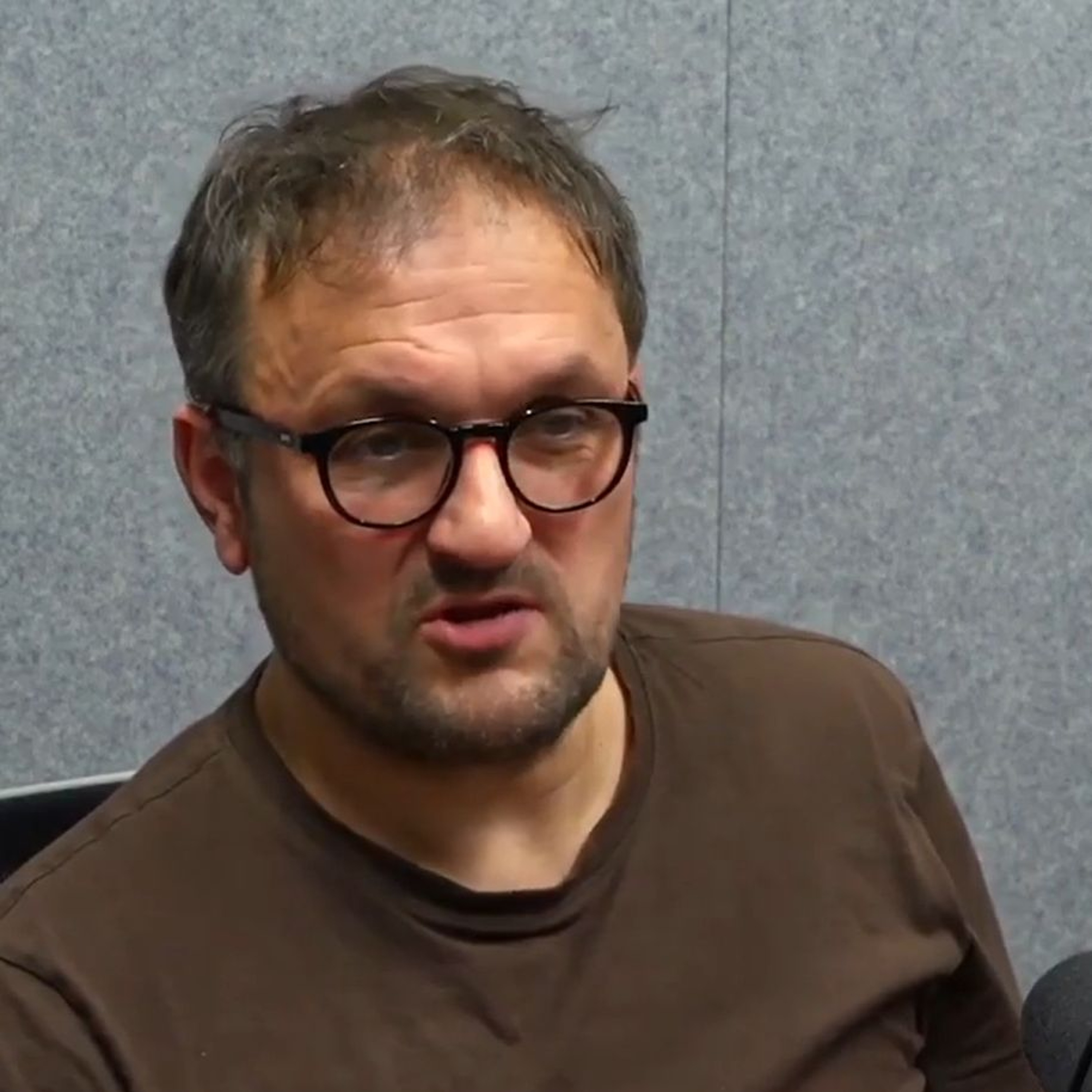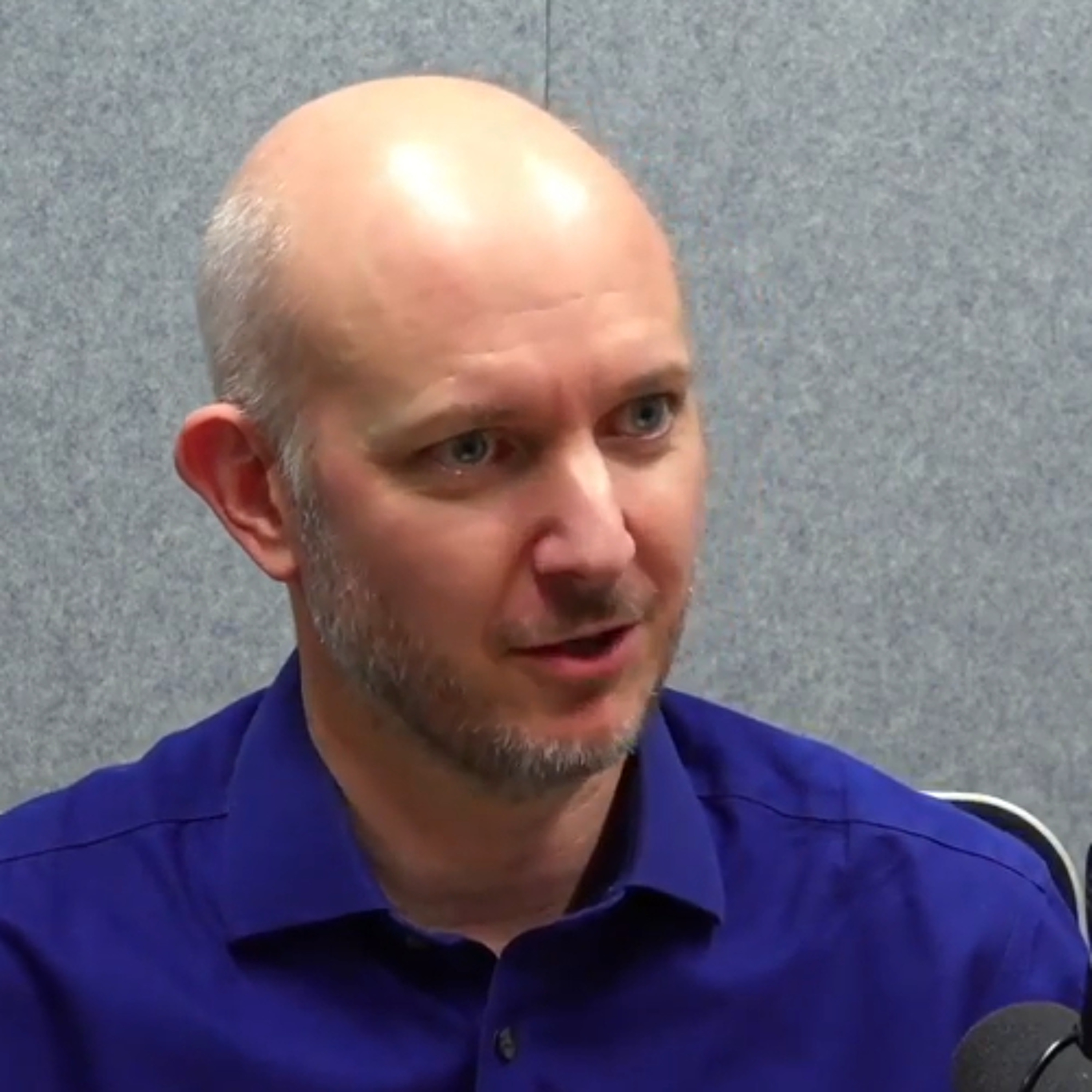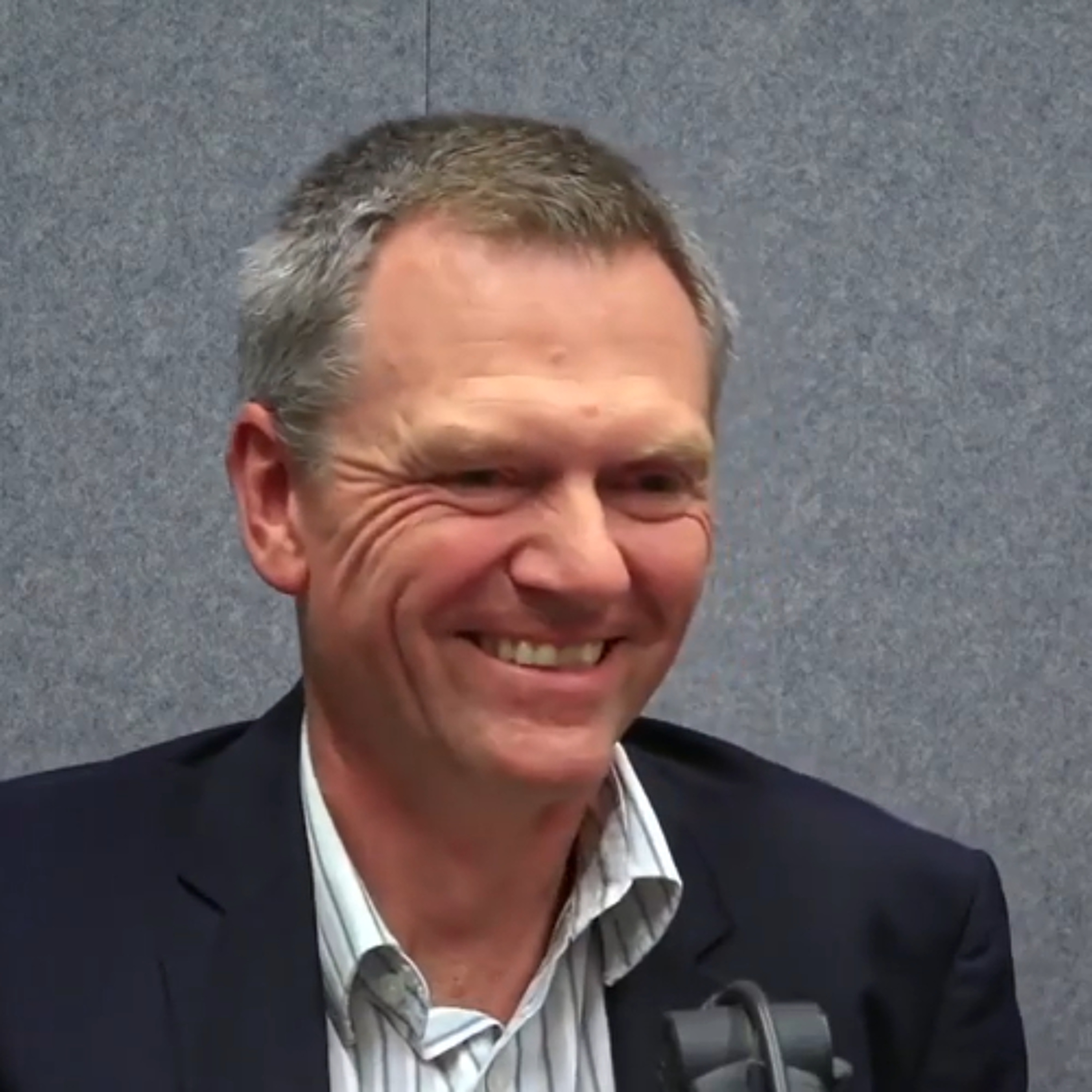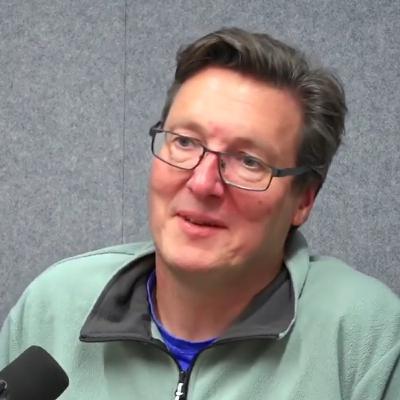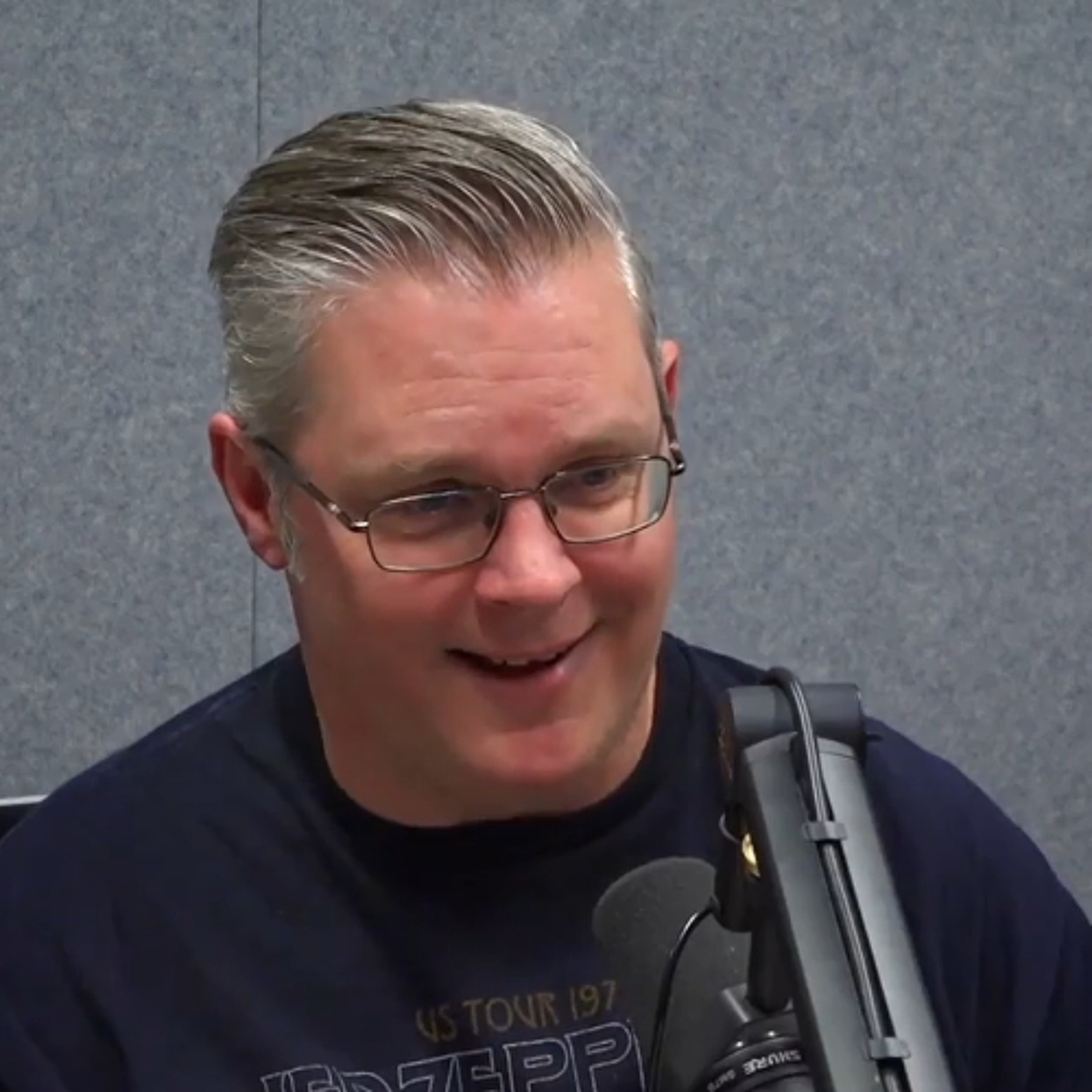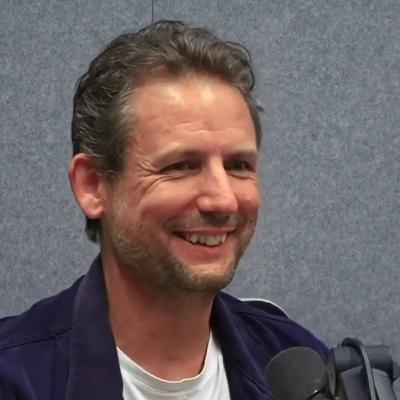Discover Telecoms.com Podcast
Telecoms.com Podcast

383 Episodes
Reverse
The lads celebrate a premature end to dry January with a nip of Irish Whisky, courtesy of special guest Luke Kehoe of Ookla. Luke has been into all things telecoms since childhood, which leads to a broad and organic chat, encompassing smartphones, components, AI, and wearable technology. They eventually move on to discussing some of the big news from last week, concerning new EU legislation that affects telecoms and the drama involving US President Trump, before concluding with a look at Ericsson’s latest quarterly results.
The guys were delighted to welcome special guest, fellow hack Kieran Smith of the Financial Times, to another sober episode of the pod. Among Kieran’s areas of focus at the FT is the UK altnet sector, so, after reflecting on Iain’s underground field trip, they start with a deep dive into a market that looks set for significant consolidation and disruption this year. They eventually move on to reflect on the latest round of redundancies and what that says about the state of the industry, before concluding with a look at the recent spat between the UK and AI platform Grok.
The lads are back in the studio after an extended Christmas break and are managing to stay off the beers for a bit. After reflecting on the festive period and subsequent sobriety they start by reflecting on the CES tech trade show, which was dominated by talk of AI-powered robots. This prompts the inevitable agonising over the infusion of AI into everything and what that means for increasingly obsolete humans. They eventually move on to discuss one of Iain’s stories, which questions the real world utility of 5G standalone, before concluding by reflecting on the broader implications of recent US aggression towards Venezuela.
The final pod of the year features traditional guest host Elena Davidson of Liberty Communications. Elena is kind enough to not only compile a quiz of the year’s telecoms.com news but bring along festive props designed to strip the lads of what little dignity they have. Consequently there’s no underlying theme to this most rambling of pods, but they do manage to get into a wide variety of tangents, some of which are even relevant to the telecoms industry. That’s all you get from us for a month, so thanks a lot for listening, have a great Christmas, and we look forward to returning in the new year.
The guys are delighted to welcome special guest Sam Tabbara, CEO of Paradise Mobile, this week. Paradise is a mobile network operator from Bermuda and Sam was over here in part to attend the Glotel Awards ceremony, so they start by reflecting on that event, before moving on to learn about Paradise. That leads to many fruitful tangents about the state of innovation in the telecoms industry, mobile technology and Bermuda itself. They eventually move on to discuss Intel’s decision not to flog its network and edge group, before concluding with a look at some recent telecoms-related drama in India.
6GHz spectrum, AI-RAN and USA by Telecoms.com
The lads were delighted to welcome back special guest Gabriel Brown of analyst firm Omdia. Pausing only to reflect on some mixed sporting news, they get straight into the big new of the week, which emanated from Nokia’s capital markets day. It was the opportunity for Nokia’s newish CEO to reveal his cunning plan for the company. Given events that preceded, that inevitably leads to discussion of Nvidia’s increasing influence over Nokia and the telecoms world in general, before they conclude by reflecting on a recent event held by BT International.
The lads are delighted to welcome special guest Zoe Osy de Zegwaart of PR agency CC Group/Hoffman this week. The three of them recently hung out in Dublin, so they start by reflecting on that before getting into an exclusive preview of a telecoms industry survey conducted by Zoe and her colleagues. Spoiler alert: it turns out operators can be a bit risk-averse and the returns from AI investments in telecoms can be a bit hit-and-miss. After an especially meandering and tangential discussion of the findings, they eventually conclude by analysing signs of growing suspicion towards Chinese companies in Europe.
Just the two lads back in the studio this week, back from their adventures in Dublin. They start by reviewing the reason for being in Dublin, the FYUZ industry gathering, and reflect on encounters and conversations they had there. The elephant in the room was the recent major investment in Nokia by Nvidia and they explore the implications of that, and the broader interest of mega US tech companies, to the telecoms sector. They eventually move on to discuss the latest developments in Germany regarding its policy on Huawei, before concluding by reviewing BT’s latest earnings announcement.
For this special edition of the podcast we partner with Cohere Technologies to explore a number of areas of wireless innovation. The main segment is recorded at Cohere’s stand at the FYUZ industry gathering in Dublin, featuring Cohere’s CEO Ray Dolan, Brad Stimpson of Bell Canada and Paco Pignatelli of Vodafone. They discuss radio innovation, the FYUZ event, recent Cohere announcements, the road to 6G and much more, with some valuable insights from the operators. This pod then moves to a purely audio segment recorded the previous day from the Stag’s Head pub in Dublin, featuring Ray and US defense industry insider Tom Rondeau, and exploring the emerging field of integrated sensing and communication..
The guys are delighted to welcome back special guest Danielle Rios of Totogi this week. Pausing only to acknowledge Danielle’s continued contribution to the pod’s refreshment resources, they get straight into Totogi’s recent initiative to make even the creation of telecoms software ‘AI-native’. Among the topics explored are the pros and cons of automating such things, as well as inevitable concerns about overly powerful and ubiquitous AI, before they eventually move on to give the public clod the same treatment and conclude with a look at Nokia’s recent quarterly earnings report.
This special midweek bonus episode of the pod features a conversation with special guest Marc Hijink. Marc is the author of Focus – The ASML Way, which charts the evolution of the Dutch company to its current position as the sole supplier of EUV lithography tools to the global semiconductor manufacturing industry. They start by discussing the book and the profound significance of ASML to the chip sector, before eventually moving on to explore its consequent position at the centre of the tech cold war between the US and China.
The lads are delighted to welcome back special guest Lee Myall of Neos Networks. Pausing only to reflect on the recent Network X trade show, they get straight into discussing the UK fibre connectivity sector, in which Neos is a provider of backbone infrastructure. The conversation includes an analysis of the impact the booming AI and data centre markets are having on that space. They eventually move on to review Vodafone’s recent RAN tender announcements before concluding with a look at Ericsson’s latest quarterly earnings report.
The lads were delighted to welcome back special guest, telecoms consultant William Webb. William is a prolific writer and a pod with him wouldn’t be the same without a book launch. He has significantly expanded on his book: The End of Telecoms History, so they start by examining the case for, and arguments against, his contention that global network traffic growth is peaking. They eventually move on to explore the utility of AI in managing networks before concluding with some casual speculation about changes at the top of US operator Verizon.
The guys are delighted to welcome special guest Karl Flinders, a journalist at Computer Weekly, this week. Karl is a colleague who also happens to be the person who has done much of the reporting on the protracted scandal surrounding the mistaken victimisation of UK Post Office workers due to faulty software. So, pausing only to reflect on a recent trip to New York courtesy of HPE, they explore the Post Office saga from the initial Computer Weekly reporting 16 years ago to the continued injustices still being committed. They eventually move on to look at Vodafone’s recent RAN vendor decisions before concluding by looking at the current status of Chinese vendors in Europe.
The lads were delighted to welcome special guest Simon Dumbleton from World Wide Technology this week. WWT is a system integrator that does a lot of work with telcos. They start by discussing what the current AI boom means for communications service providers and how best they should go about making the most of it, including optimal levels of investment. That eventually leads to reflections on the recent big round of investment pledges to the UK by US big tech, before they conclude by analysing Meta’s new smart glasses and what effect, if at all, products like that may have on the telecoms industry.
It’s double Nokia this week as our guest is from that company and the lads were also Nokia’s guests in Finland recently. Special guest Bjorn Capens is from Belgium and he brought over a selection of beers typical to that country. So they start by going though those before getting into Bjorn’s day job at Nokia, which focuses on fixed broadband networks, covering the history of broadband and the latest fixed network technology developments and market trends. They eventually get on to Iain and Scott’s visit to Oulu in northern Finland, where Nokia has just opened an impressive new wireless technology campus, before briefly reflecting on Oracle’s impressive recent earnings.
One more summer bonus episode that will also be the last for two weeks as, ironically, Iain and Scott are off on their travels. The main focus this week is the $23 billion sale of spectrum by US telco EchoStar to its larger rival AT&T. The move begs all sorts of related questions, which the lads have a proper dig into. They eventually move on to Iain’s recent reporting on Huawei and its persistent presence in Europe, before concluding with some of Scott’s coverage of the UK’s attempts to police the internet, which are increasingly upsetting the US.
Another bonus summer episode of the pod, courtesy of Pierre’s travel misfortunes, but with no guest this week. Both Iain and Scott had been writing about AI so they devote the main segment to an extended critique of the technology, business case and general concept. Is AI over-hyped? Is it even useful? Does increasing reliance on it damage our brains? All these questions and more are addressed. They eventually get on to the many geopolitical tensions the AI arms races is causing before concluding by exploring investor concerns at Nokia.
This bonus episode of the pod comes courtesy of Pierre’s travel challenges and features returning special guest Gabriel Brown, Analyst at Heavy Reading. After reflecting on the circumstances that enabled this pod, as well as some of the stuff the lads have been up to recently, they get into a recent piece of research published by Brown stating that ‘5G standalone (SA) is set to scale worldwide’. A key question concerns the broader significance of 5G SA, which leads to musings on the nature of technological progress and best how to communicate that to the market. They eventually move on to talk about Intel’s struggles as they affect the telecoms industry, before concluding with a look at US President Trump’s increasingly forceful interventions in the tech industry.


